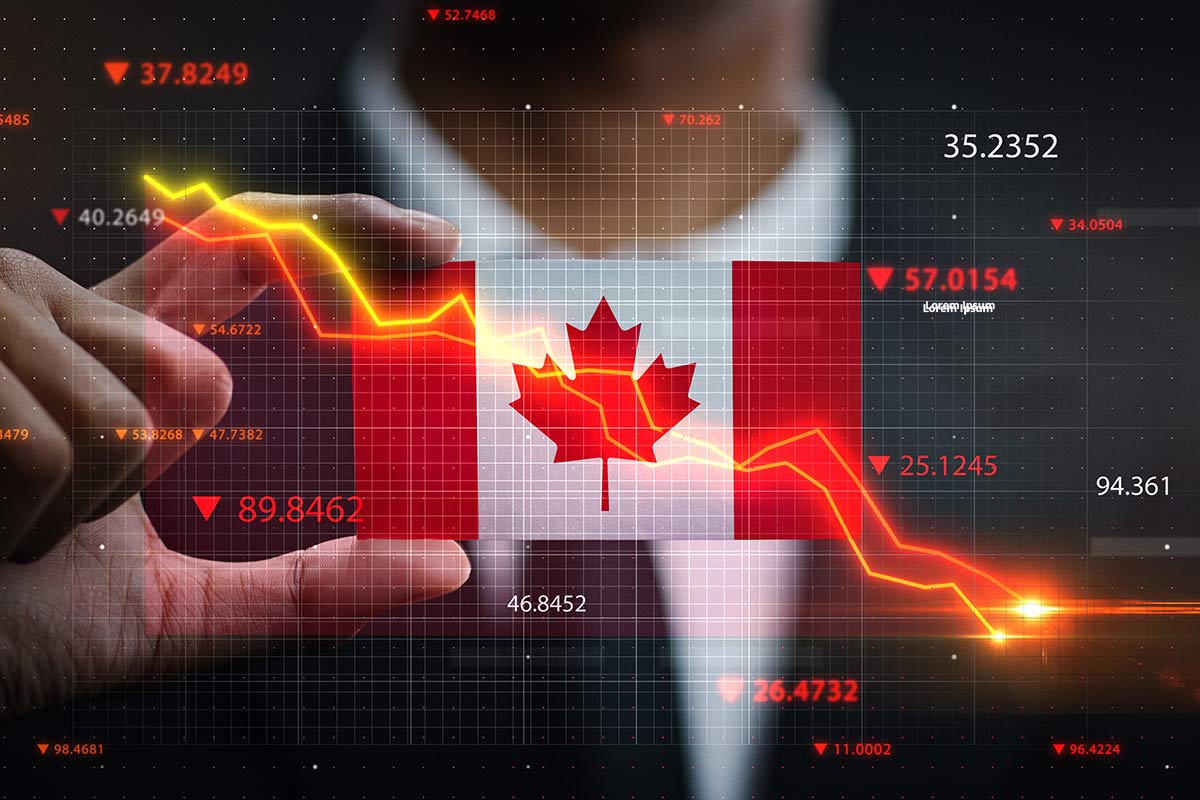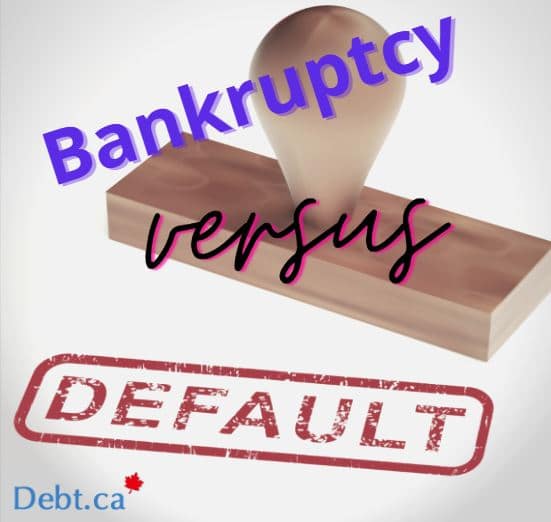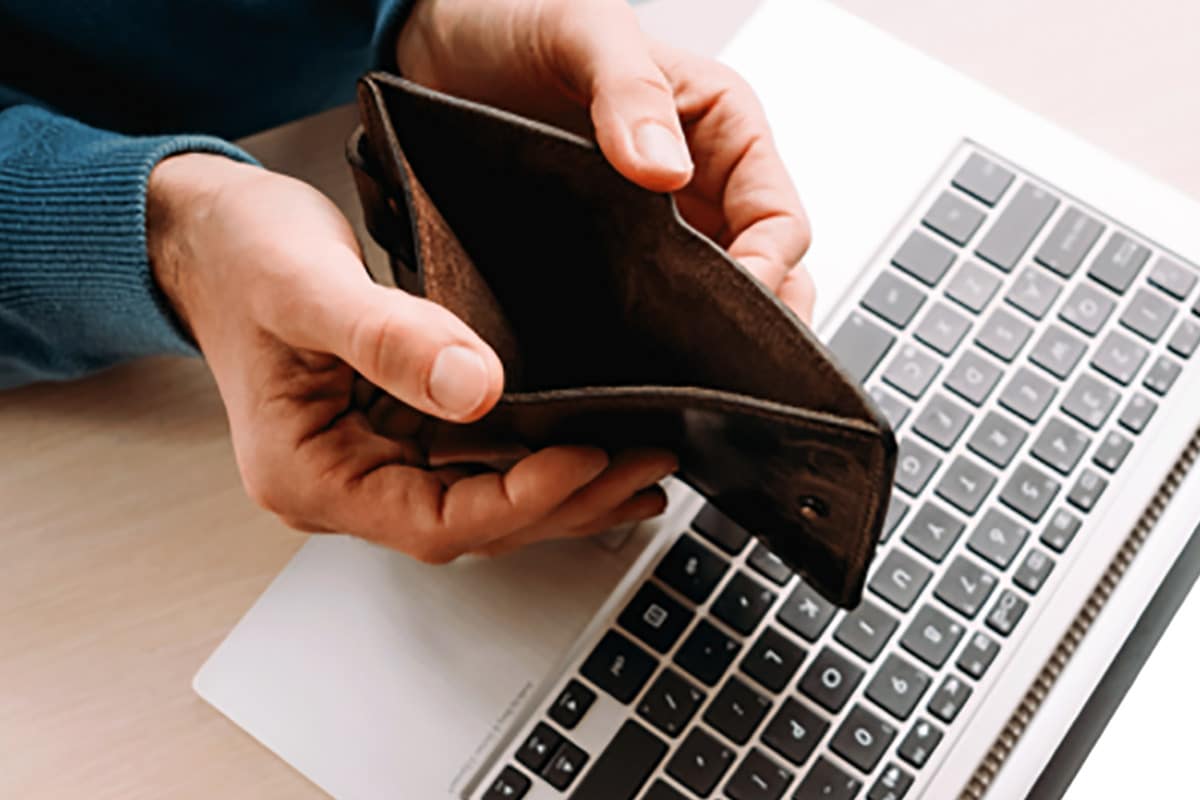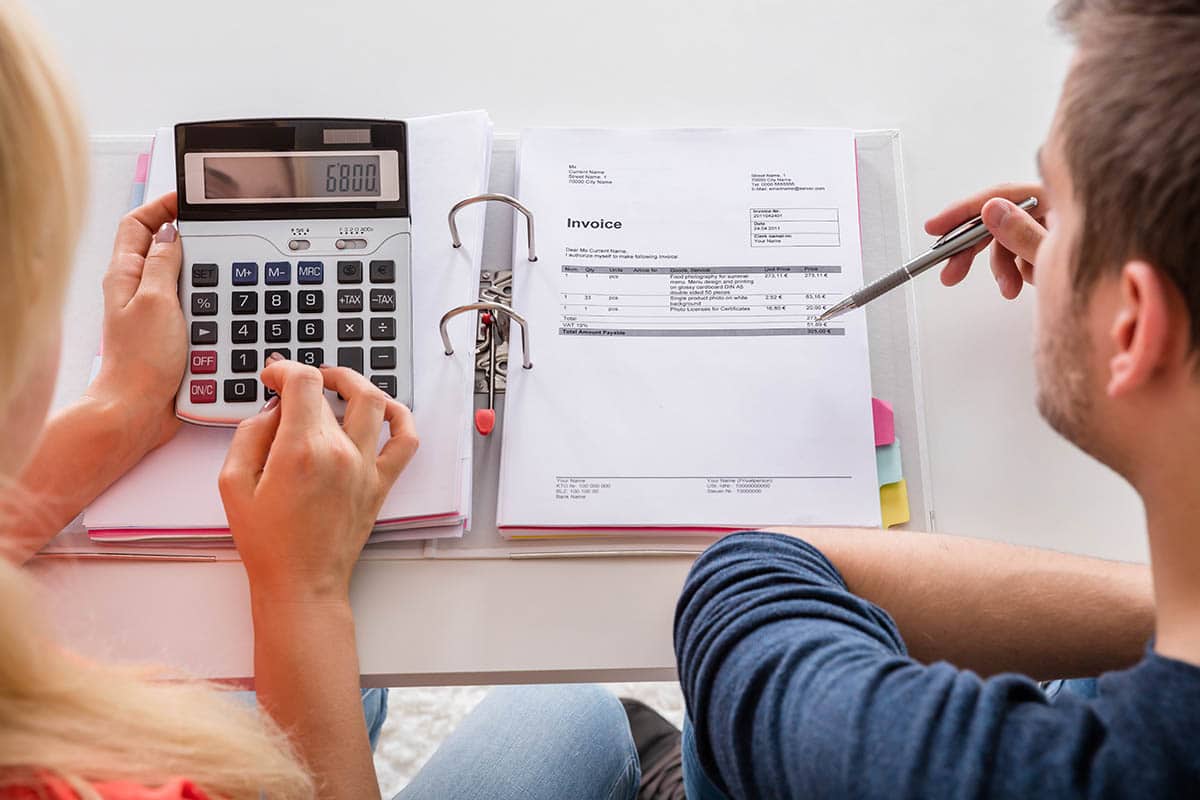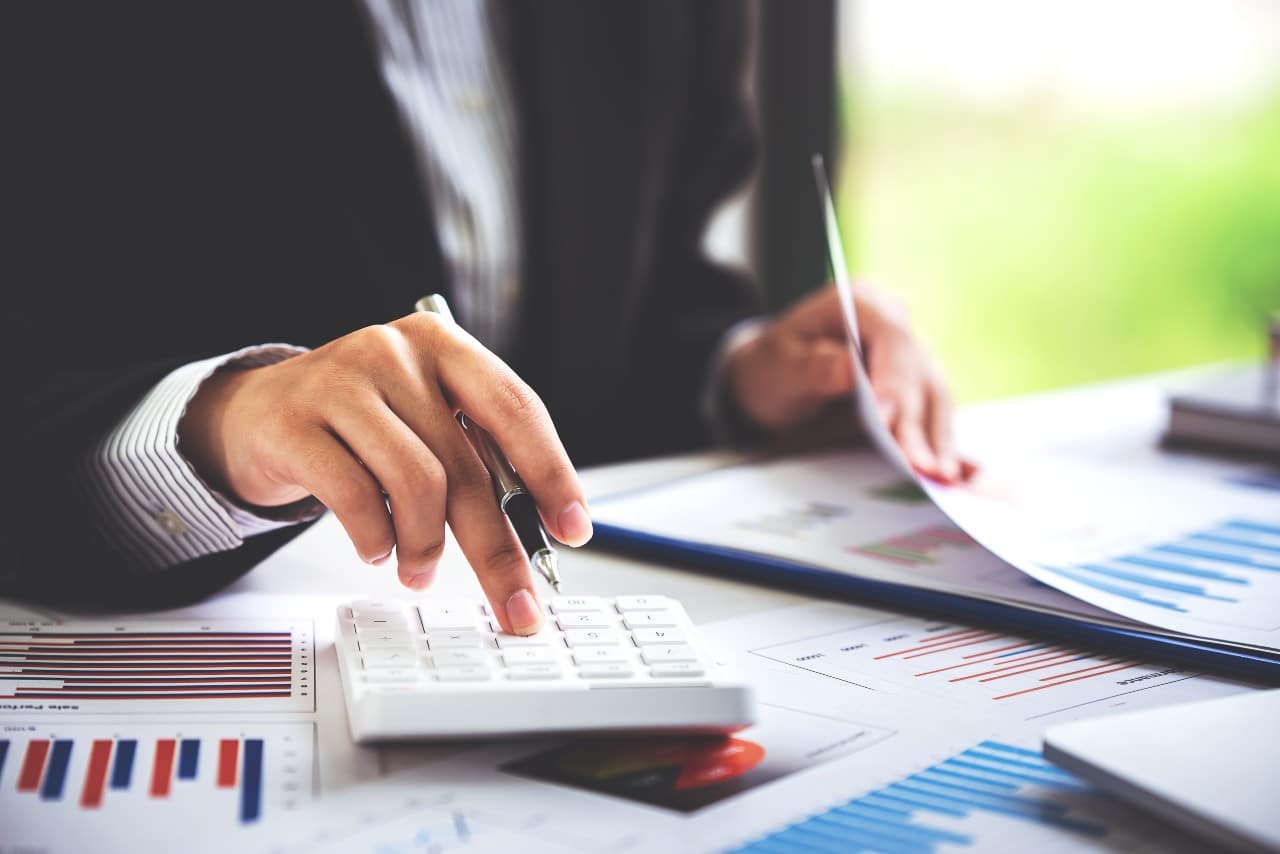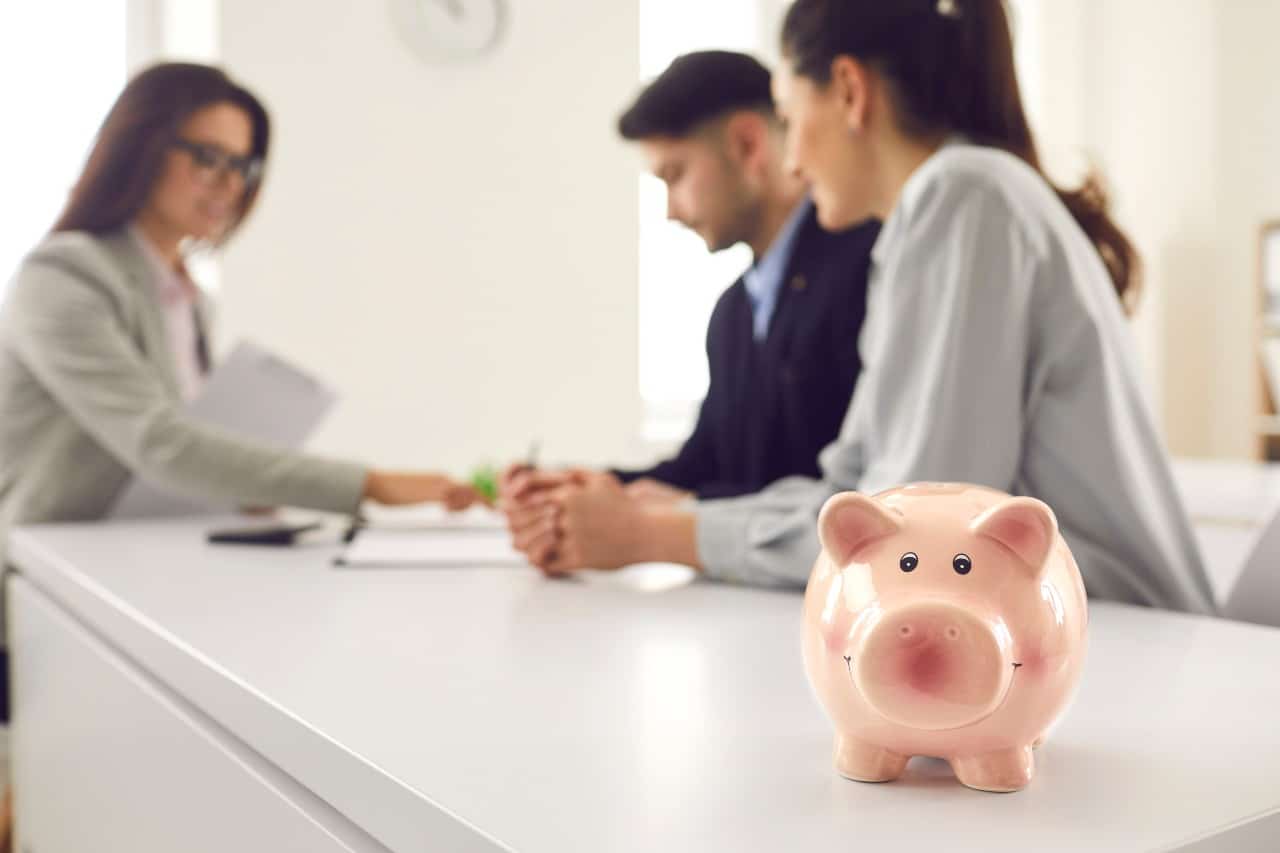Have you ever thought about how to prepare for a financial crisis? If you’ve experienced one at some point in your life you probably have.
In this article, we’re going to look at how to prepare for a financial crisis. We’ll look at the importance of being prepared for one and ways to get by. Those include using your liquid savings, preparing a budget and getting your side hustle on.
The Importance of Being Prepared for a Financial Crisis
Are you prepared for the next financial crisis? Few could have predicted the dot com bubble in 2001 and the financial crisis in 2007-2008. Likewise, few could have seen the Coronavirus pandemic coming in 2020. It just goes to show the importance of preparing ahead of time. The next financial crisis could get here with little warning.
Economic crises bring all sorts of unfortunate side effects; mainly, high unemployment and a downturn in global financial markets. Although financial crises are stressful for everyone, if you are well-prepared you usually have less to worry about. Even if you do lose your job, you should have a sizable emergency fund waiting for you to cover your living expenses over the coming months.
The Coronavirus pandemic is different. It’s the first truly global pandemic. Not only has it affected people health-wise, but it’s also affected them financially. Probably the most stressful part is the unknown. People don’t know when things will be back to normal. Will the Coronavirus pandemic go on for weeks, months or years? If you lose your job during the pandemic, how long will it take for you to find a new job of equal pay? This all but underscores the importance of preparing ahead of time for a financial crisis.
The government may have helped Canadians this time with the Coronavirus, but there’s no guarantee they’ll be there the next time. It’s important to look out for your own family’s well-being in case the government can’t.
Use Your Liquid Savings First
Liquid savings such as chequing accounts, savings account, money market accounts, guaranteed investment certificates and short-term government investments are the most useful in a crisis. You’ll want to cash these in first because their value doesn’t tend to move as much as the stock market.
This means that you can usually take your money out of these accounts without taking a huge financial hit. Also, unlike retirement accounts like registered retirement savings plans (RRSPs), you won’t face a tax hit for withdrawing money early.
As a general rule of thumb, you shouldn’t be investing in the stock market until you have several months’ worth of emergency savings. That way you won’t have to worry about dipping into more volatile investments the next time there’s an economic downturn.
Prepare a Budget
It’s hard to know how much money you’ll need in a financial emergency if you don’t have a budget. Not only is a budget useful to have to know how much money is coming in and going out, but it can also help you determine how much money you’ll need in an emergency fund. If you’re one of the roughly 50 percent of Canadians that doesn’t have a budget, it’s hard to figure out whether you’re living above or below your means.
Try not to view a budget as a way to limit the fun. Instead, see it as a useful way to plan for a worst-case scenario for your personal finances.
Stretching Your Monthly Budget Further
You may not be in the middle of an economic crisis, but it helps to be prepared to cut expenses that aren’t necessary. If you’re able to lower monthly recurring bills, you won’t have as much difficulty paying them when a global financial crisis does happen.
A good starting point is your budget. Look for places you might be spending more money than you need to be. For instance, are you paying for someone to mow your lawn or shovel the snow? Perhaps you could be doing those things yourself.
Are you in the habit of turning down the air conditioner when you’re out of the house? Do you remember to turn off the lights when you’re not in a room? Again, small things like that can add up to a lot of savings in the coming months.
Those are just a few of the ways you could save money.
Keep a Close Eye on Your Bills
There’s no need to be spending money on late fees and high interest when you don’t have to. In a job loss situation, pay extra attention to your bills. When you want to prepare for a financial crisis, something as simple as being organized can help you save money. If you make your credit card payments late just once, it will damage your credit score, not to mention it could cost you late fees.
It helps to get in the habit of reviewing your bill and credit accounts at least twice a month. Not only is this a good way to spot fraud, but it will also help you not miss any payment deadlines. Schedule automatic payments so you’re less likely to forget to pay bills, although still review bills (don’t just blindly pay them).
If you’re finding it difficult to track all your accounts, make a list. Once your list is finished, you can use it to your benefit to make sure you haven’t forgotten to pay any bills.
Get Your Side Hustle On
If you’re like most people, you have a way you can make some extra money. Whether it’s being a driver for a ride-sharing service, a wedding photographer or a freelance journalist, there are things all of us can do. Don’t overthink it. Sometimes making extra money can be as simple as earning a cash bonus from opening a new bank account. Although the extra money may not seem like much, every little bit helps. Besides, many of these side hustles have advantages. Mainly, you’ll be better prepared the next time a financial crisis hits.
Pay Off Your Debt
If you’ve accumulated a significant amount of debt over the years, come up with a game plan for paying it off as soon as possible. When an economic collapse happens, the unemployment rate usually soars. This could mean you’re one of the unfortunate many who’s faced with the prospect of losing your job. The sooner you get rid of debt with high-interest rates, the sooner you’ll be better off financially over the long term.
Here are some helpful tips for better managing the debt you already have:
- If you don’t already have one, create a budget in Excel or using many of the free budgeting apps like Mint.
- List any money you have coming in and going out.
- Make another list of debts. Include the interest rate of each debt as well.
- List the debts in order from the highest interest rate to the lowest.
- Any extra money you have left over put it towards debt repayment.
- Once one debt is paid off, focus on paying off the next one and so on.
Start Prepping Ahead of Time
Hindsight is 20/20 as the saying goes. If a financial crisis does happen, you’ll want to make sure you’re prepared ahead of time. That means having enough non-perishable food stocked away. It also helps to be able to grow your own food or finding other sources of free food. Focus on food since chances are you’ll still have running water. However, during a pandemic, you may find that store shelves are empty as people try to stock up all at once.
If you want to be extra prepared, consider preparing a bug-out bag. A bug-out bag has all the necessities you’d need during a financial crisis or a natural disaster.
There you have it, ways to prepare for a financial crisis. The bottom line is that a financial crisis can happen at any time. Sometimes it’s just a personal financial crisis that affects you. Other times it’s a financial crisis that affects the entire world. By being prepared for either scenario, you should have a much better chance of coming out the other side better off than others.
